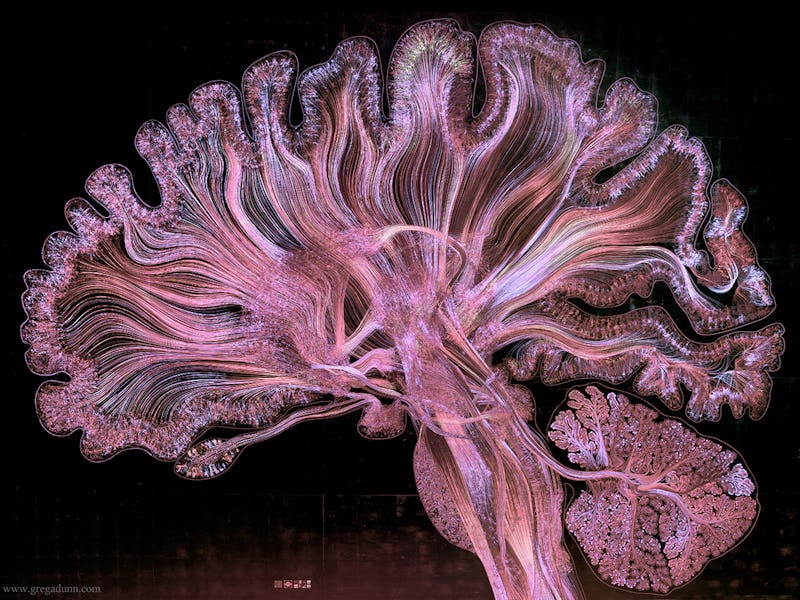
Elon Musk has lifted the lid on his new startup, Neuralink, a new endeavor to link the human mind to the power of digital computing and artificial intelligence. In a post published on WaitButWhy on Thursday, writer Tim Urban, after many conversations with Musk, went into great detail on the SpaceX and Tesla CEO’s next big mission.
Musk has a strong working relationship with WaitButWhy. The website publishes incredibly long dives into a number of topics, anything from explaining what would happen if the world’s population moved to one place, to why bugs ruin everything. Musk first met with founder Tim Urban back in 2015. He said he liked the website and wanted to write two pieces, one on SpaceX and another on Tesla. With this in mind, it makes sense that Musk would want to produce a deep dive into Neuralink.
The California-based company, first revealed in a Wall Street Journal story last Monday, currently takes all its funding from Elon Musk. There are plans to bring other investors on board, and the report suggests that the company is open to investment from Peter Thiel’s Founder’s Fund. Thiel has been known to back some bizarre ideas, like a libertarian island and an artificial tornado, so neural lace probably isn’t out of the question.
In the WaitButWhy story, Urban urges any reader to “wipe your brain clean of what it thinks it knows about itself and its future, put on soft clothes, and let’s jump into the vortex.” It’s a very long, often funny, very detailed post. Go read it now.
Here’s what else we know about Neuralink: The company has hired a number of experts in the fields of flexible electrodes and brain physiology, and the initial focus will be on medical applications like treating epilepsy. Initial success in this field will help solve the ethical issues around neural lace by proving it has legitimate medical applications. Its website currently lists fifteen job openings.
Neuralink isn’t the first team to explore the technology. A team published a paper in Nature Nanotechnology that showed how a rolled mesh of electronics could be injected into the brain of a mouse. The team was able to measure the rodent’s brain activity after the procedure.
But beyond medical uses, Musk sees neural lace as important to ensure humanity keeps up with the machines. By merging with technology, Musk believes that we can achieve a symbiotic relationship with artificial intelligence.
How long will we have to wait before we can hook up our minds to cyberspace? “For a meaningful partial-brain interface, I think we’re roughly four or five years away,” Musk said in a recent interview.
To find out more, here’s Musk discussing neural lace on stage last year: